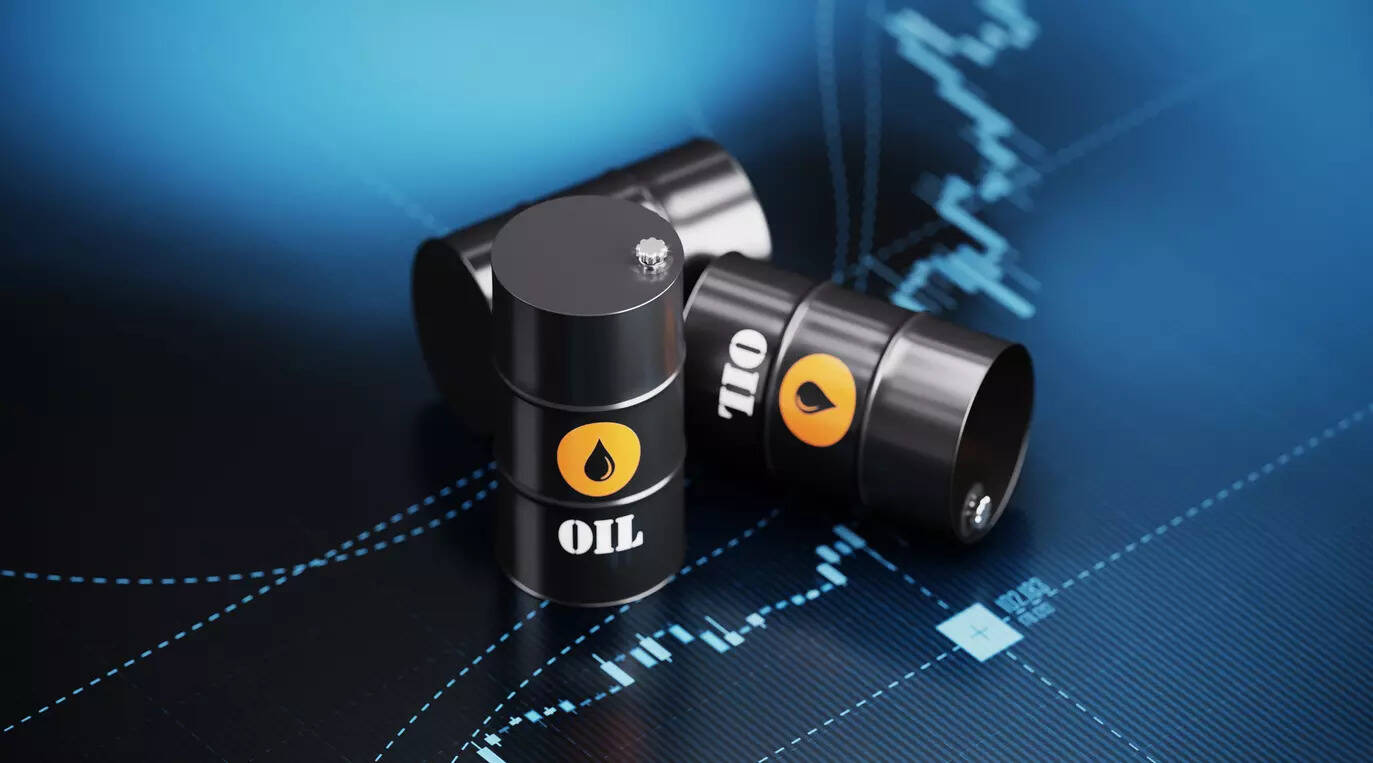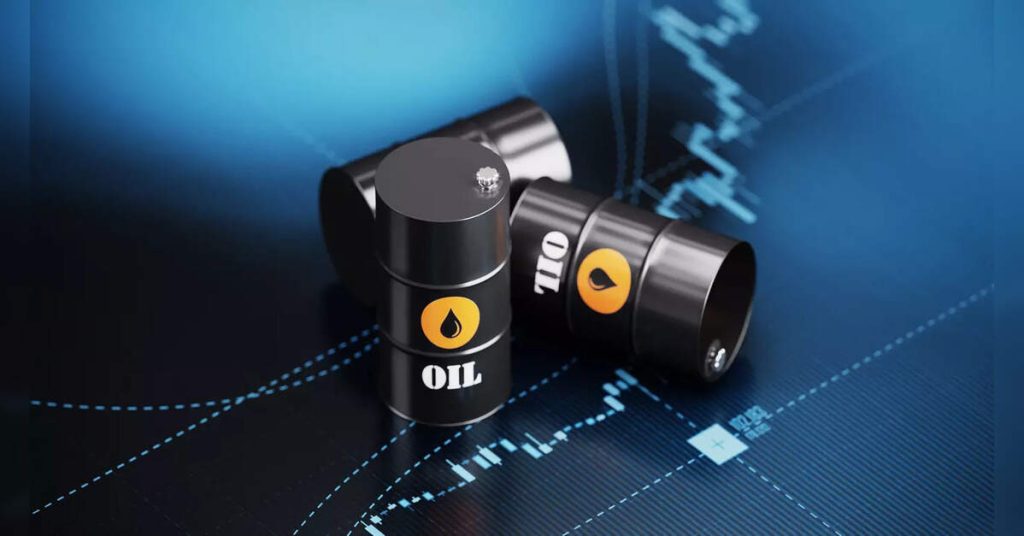
The European Union is sticking to its plans to phase out Russian oil by 2028, the bloc’s energy chief told Reuters on Friday, adding that he had not faced pressure from Washington to bring forward this deadline. As US President Donald Trump seeks to end Russia’s war with Ukraine, he told European leaders on Thursday to stop buying Russian oil, a White House official said, without specifying a date.
As Russia’s most lucrative exports, its fuel revenues have helped Moscow to fund its war and the European Union is negotiating legal proposals to phase out the EU’s imports of Russian oil and gas by January 1, 2028.
Energy Commissioner Dan Jorgensen, who is responsible for the EU’s energy policies, told Reuters he had not personally come under pressure from the US administration to halt Russian oil purchases faster than the 2028 deadline, but would welcome US backing for the EU plan.
“Not only has Putin weaponised energy against us, blackmailed member states, we are actually also indirectly helping finance Putin’s war, and that needs to stop. And if President Trump agrees to that, then that is only a welcome support, because that is certainly our main objective,” he said in an interview.
Hungary and Slovakia import around 200,000-250,000 barrels per day of Russian oil, equivalent to around 3 per cent of EU oil demand.
EU purchases of Russian gas remain far bigger. Europe is expected to purchase around 13 per cent of its gas from Russia this year, down from roughly 45 per cent before Russia’s full-scale invasion of Ukraine in 2022, according to EU figures.
Reuters has requested Kremlin comment on the Trump remarks quoted by the White House official. The United States has imposed punitive tariffs on India for its continued purchases of Russian oil, while India has accused the West of hypocrisy.
Hungary and Slovakia oppose phase out
Hungary and Slovakia continue to import Russian crude oil through the Druzhba pipeline, as well as Russian gas, and have opposed the EU’s phase-out plan – saying it would hike energy prices and could lead to shortages. Slovak Prime Minister Robert Fico said after meeting Ukrainian President Volodymyr Zelenskiy on Friday told a news conference he did not want to comment on Trump, but that reliable supplies were needed and that a number of European countries were buying Russian gas as well as US liquefied natural gas. Jorgensen said he was in talks with Hungary and Slovakia about their concerns – but that, if needed, EU countries could approve the phase-out plans without them. He declined to confirm if Brussels would offer funding or legal guarantees to attempt to win the two countries’ support.
“If, for domestic reasons, there are countries that don’t feel that they can support it, then this is not something that demands unanimity,” Jorgensen said.
The EU proposals are designed to be passed by a reinforced majority of member countries. EU diplomats told Reuters they expect countries’ energy ministers to approve them at a meeting next month.
Jorgensen will hold talks with US energy secretary Chris Wright in Brussels next week, on the EU’s pledge to buy $250 billion of US energy supplies per year, as part of the US-EU trade deal. Analysts have said the energy purchase pledge is unrealistically high – in part, because the EU has little control over the energy its companies import.
Jorgensen said they would discuss options for how the EU and US administrations can ensure the deal is implemented. For example, the Commission has said it could pool demand from European companies to buy more US gas.
“It’s clear that our role is to facilitate. The EU is not a gas trader,” Jorgensen said.


